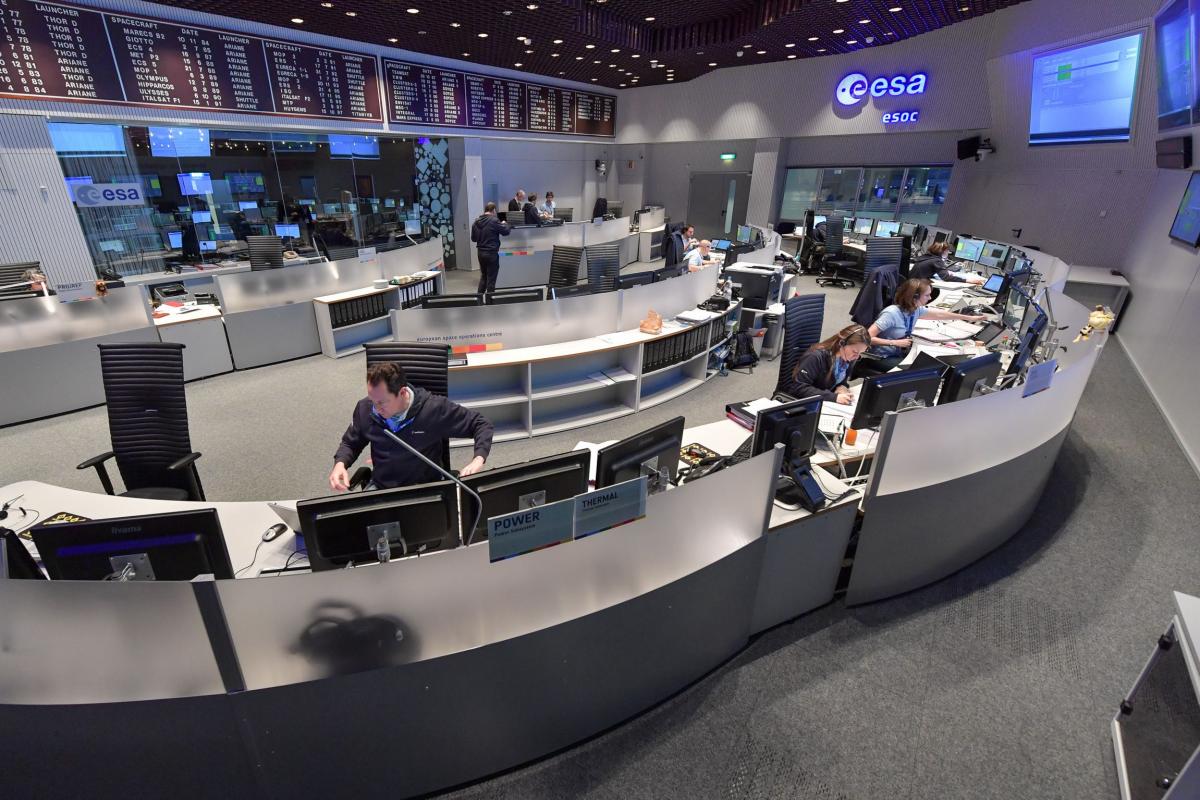Solenix supports the development of an End-to-End Concept for Offline Mission Operations
31 July 2020
Solenix, in partnership with VisionSpace Technologies, has been awarded a study by the European Space Agency to look for new approaches for satellite mission operations that defy traditional concepts. The consortium led by VisionSpace will be investigating how the latest concepts and advances in areas such as automation, data analysis, autonomy and others can support the design of an approach for offline mission operations.
Historically, mission operations concepts have been designed around the availability of time windows to communicate with the spacecraft. These contact windows impact the organisation of operational activities, such as planning, scheduling or telecommanding, as well as the time spent by spacecraft operators on their consoles. Leveraging the new advances in the fields mentioned above can lead to novel ways of operating space missions, where the responsibilities across the spacecraft and the ground segment are re-balanced. These concepts, for example, by providing more onboard autonomy, better handling communication delays and disruptions or expanding data analytics, can bring several benefits such as increasing the scientific return of a mission, reducing costs and enabling the operations of large constellations and future missions.
The study started with the analysis of representative use cases from on-going and planned ESA missions. This analysis is used to draft the offline Concept of Operations, which is later refined thanks to the research and application of novel and state-of-the-art concepts. The study will finalise with the implementation, validation and demonstration of the new approach via a Proof of Concept. The conclusions of this study will be collected in a roadmap for a staged rollout of the new mission operations concept and related systems. Recommendations will also be made for changes to existing systems and standards, and the development of new systems and standards.
Once again, at Solenix, we are very honoured to be given the chance to contribute to the shaping of new concepts in mission operations and we are eager to make a success of this study together with our partner VisionSpace.
Photo Credit: ESA
